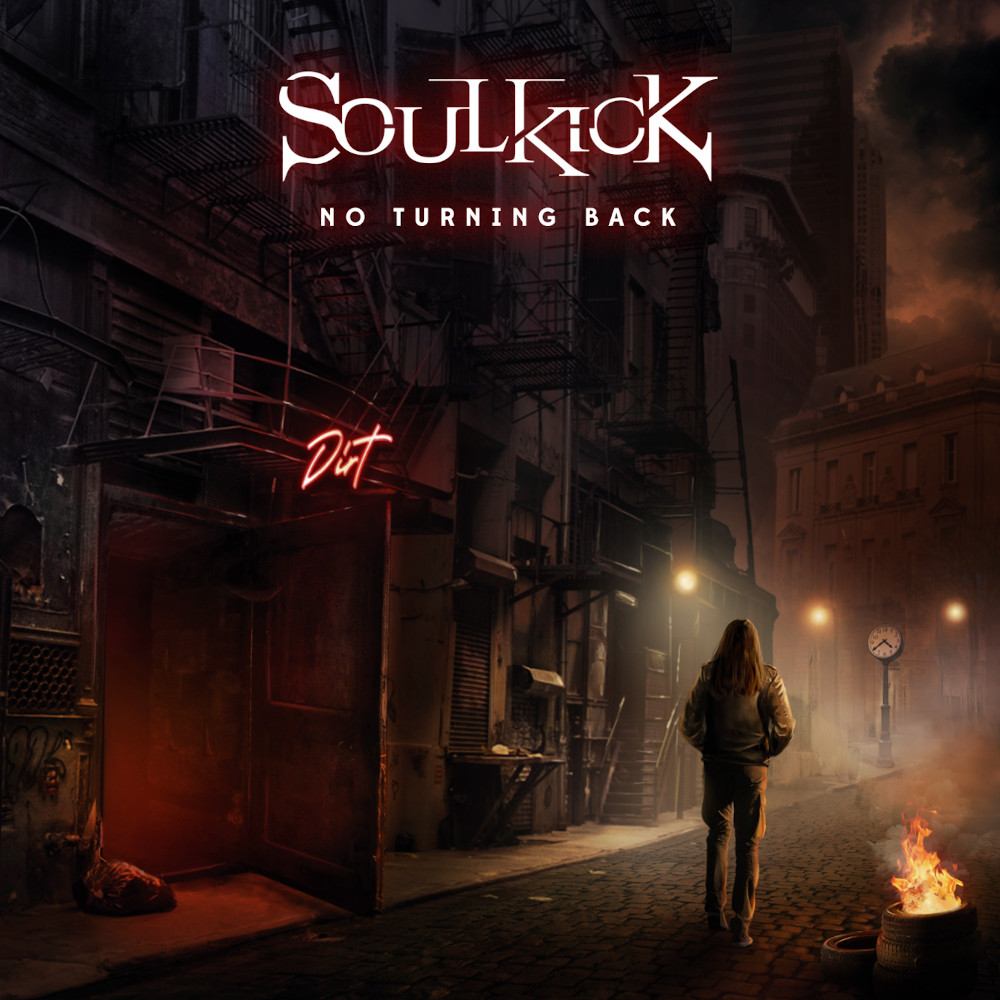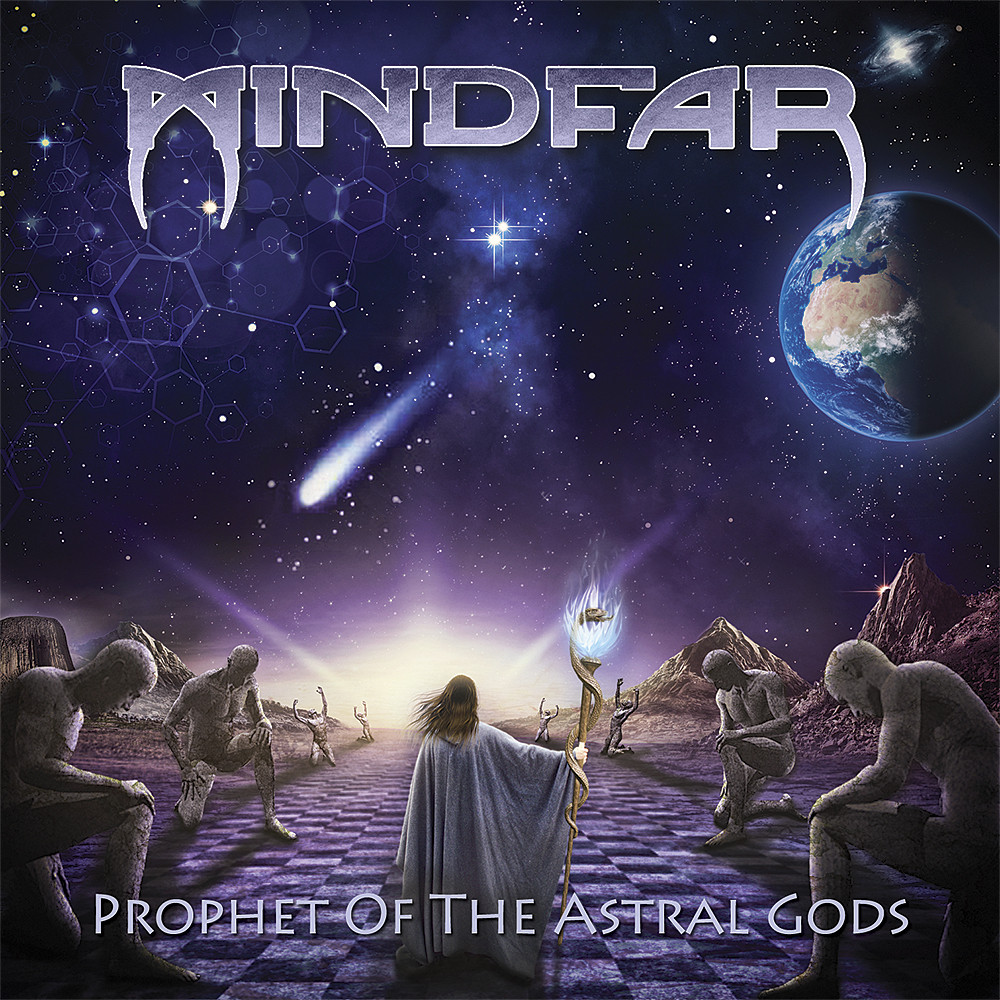 |
Country: UK
Style: Thrash Metal
Rating: 7/10
Release Date: 30 Apr 2021
Sites: Bandcamp | Facebook | Instagram | Metal Archives | Official Website | Twitter | Wikipedia | YouTube
I went to school in Halifax and sixth form college in Huddersfield and grew up out in the sticks halfway between those two towns. I continued to live in Halifax until 2004, when I emigrated to the US. Take a wild stab at when Evile were formed in Huddersfield. Oh yeah. The bastards. So, while I've never been able to see them live, what with that large pond in between us, I have to keep up with the local sound digitally. They still sound good on this, their fifth album and their first in eight years, but I have to say that I'm not as fond of new singer Ol Drake's vocals as I was of his brother Matt's.
Musically, they play their thrash metal fast and vicious, just the way I like it, with guitars like buzzsaws and an approach that's sure to get the pit moving. A song like the opener, Paralysed, ought to have an opposite effect to its title, because fans will take its opening build partway through a live set as a sign to go completely insane. I could feel their restless energy combining as they waited for the moment to go and I'm listening to an mp3 in my office. It's just like Metallica's Damage Inc. but with less messing around before the pit explodes.
It's a fantastic way to kick off an album, with memorable riffs everywhere, courtesy of Drake, who was the band's original lead guitarist, even if he only took over on vocals too last year, and new fish Adam Smith, who joined in 2020. The audible bass of Joel Graham shines through too. I'm frequently shocked by how many thrash bands hate the bass-free mix on ...and Justice for All but then proceed to copy it. I am very happy to say that that is very much not the case here and Graham does a fine job. Ben Carter is impressive behind the kit too, because, while this is generally up tempo thrash, it does shift gears a lot and he handles that effortlessly.
Oddly, the most obvious gear shifting song is Gore, which is something of a theme here, I think, given other songs like The Thing (1982) and Zombie Apocalypse. The reason why it's odd is the band's choice of backing vocalist, who is none other than comedian Brian Posehn. That's him shouting "Gore" during the choruses and, while it ought to sound gimmicky, like something a more fun-oriented thrash outfit like Acid Reign or Gama Bomb might go for, but it actually sounds fine. Posehn simply does the job.
My biggest problem here is with Drake's vocals, which aren't bad but seem to be more monotone and limited than I'm used to from Evile. He's obviously a much better guitarist than he is a vocalist and I'm reasonably sure he knows that. My initial guess was that he thinks of himself as the lead guitarist in Evile and maybe he's stepping up to take care of mike duties until his brother comes back or they hire someone else. He certainly doesn't annoy the way that John Cyriis did on the recent Agent Steel album and he doesn't jar with the style at all. It just feels like songs like The Thing (1982), which ought to be utterly blistering, like early Testament, are missing that extra something they ought to have.
The flipside to that can be found on the cover of Mortician's Zombie Apocalypse, which is where Evile play most obviously in death metal. It rips nicely during the midsection but most of the song is slower and plodding and somewhat out of place on such a fast thrash album. All that said, Drake's vocals are much more at home here, so maybe he should be playing guitar in Evile but singing for a death metal band. The more I listen to the album with that in mind, the more it seems to be true. After that song is Control from Above, a more up tempo death-infused thrash song and he fits pretty well there too.
So, Evile return after eight years to find themselves at a fork in the road. If they want to carry on playing thrash in a fast and uncompromising fashion, then they need to either bring back Matt Drake or hire a new singer. If, however, they want to evolve into the death/thrash outfit they've always kind of been but never quite embraced fully, then Ol Drake ought to carry on working double duty and he'll sound more and more at home behind the mike as that shift proceeds. Either way, welcome back, folks.




















